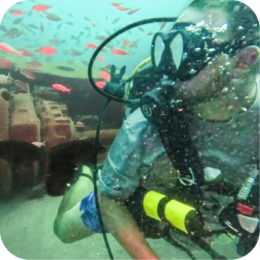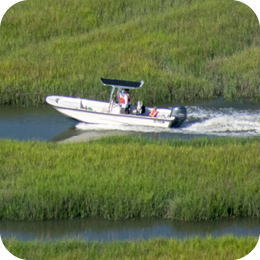
By Tyler Jones
Public Information Officer
Coastal Resources Division
Saltwater fishing is not just a sport; it’s a deep connection with the ocean and its intricate ecosystems. As anglers, we have a responsibility to uphold ethical practices that conserve marine life for future generations. Angling ethics are not merely guidelines; they are fundamental principles that ensure the sustainability of our oceans, the well-being of marine species, and the enjoyment of fishing as a recreational activity.
One of the key aspects of angling ethics is the practice of catch and release. This method allows fish to be returned to the water unharmed, reducing the impact on fish populations. However, it’s not enough to simply release a fish; knowing how to handle it properly is crucial. Using barbless hooks, minimizing handling time, and reviving the fish before release are essential steps that increase the chances of survival. This practice reflects respect for the species and a commitment to conservation.
Another vital component of angling ethics is adherence to regulations, including size and bag limits. These rules are in place to protect vulnerable species and ensure that fish populations remain robust. Overfishing not only depletes specific species but also disrupts the entire marine ecosystem, affecting other species and the overall health of the ocean.
Anglers must also be mindful of their impact on the environment. This includes proper disposal of fishing line, avoiding damage to habitats and respecting marine environments. Litter and habitat destruction are significant threats to marine life, and responsible anglers can play a role in mitigating these risks.
In essence, ethical saltwater fishing is about more than catching fish; it’s about stewardship of the ocean. By practicing responsible angling, we contribute to the conservation of marine ecosystems, ensuring that the thrill of the catch can be enjoyed by future generations. It’s a responsibility we all share, and one that must be taken seriously.







